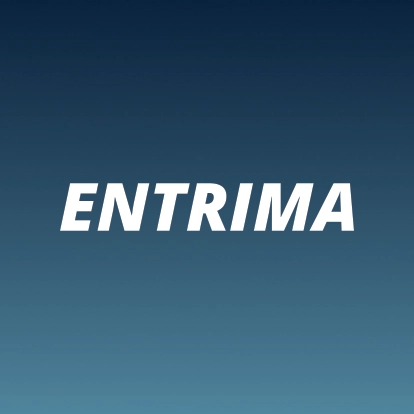In the commodity business, settlement is one of the main processes in deal-making. Settlement is the actual process that provides the final completion of a transaction; the unwinding of the transaction.
Any agreement that parties have entered into has to be settled. This applies to commodity supply contracts, for instance, between producer and consumer, as well as to derivatives contracts, like futures, swaps and options, between two parties in the wholesale market.
Contract specifications and settlement procedures differ per contract, sometimes even significantly. Contract specifications of exchange-traded futures are defined by the trading venue, while OTC-traded forward contracts are settled on the basis of bilaterally agreed conditions.
One of the aspects to be included in the contract specifications concerns the settlement type. Typically, a distinction is made between cash settlement and physical delivery, although hybrid solutions are also offered:
- Physical delivery
If a commodity contract specifies physical delivery, settlement requires the seller to make delivery and the buyer to take delivery of the physical commodity. Obviously, this applies to the pre-set quality, to the agreed volume and to the described delivery location.In case of exchange-trading, the trading venue may support the transfer or transport or may even arrange it completely. This takes away some of the logistical burden on the side of the exchange members.
- Cash settlement
Some derivatives contracts are settled financially. If a derivatives contract specifies cash settlement, the agreement is unwinded financially against the settlement price. The buyer will pay the seller, or vice versa, depending on the difference between the contract price (being the transaction price) and the settlement price.A settlement price is calculated on the basis of a so-called settlement price calculation procedure.
In case the contract is listed at an exchange, the clearing house, or the so-called central counterparty, is likely to arrange the transfer the money to the relevant counterparty.
- Physical delivery with an option to cash settlement
Next to contracts which face either purely physical delivery or just cash settlement, some contracts offer a hybrid approach.
Example:
The Brent crude oil futures contract listed by the Intercontinental Exchange (ICE) specifies “physical delivery with an option to settle in cash”.
